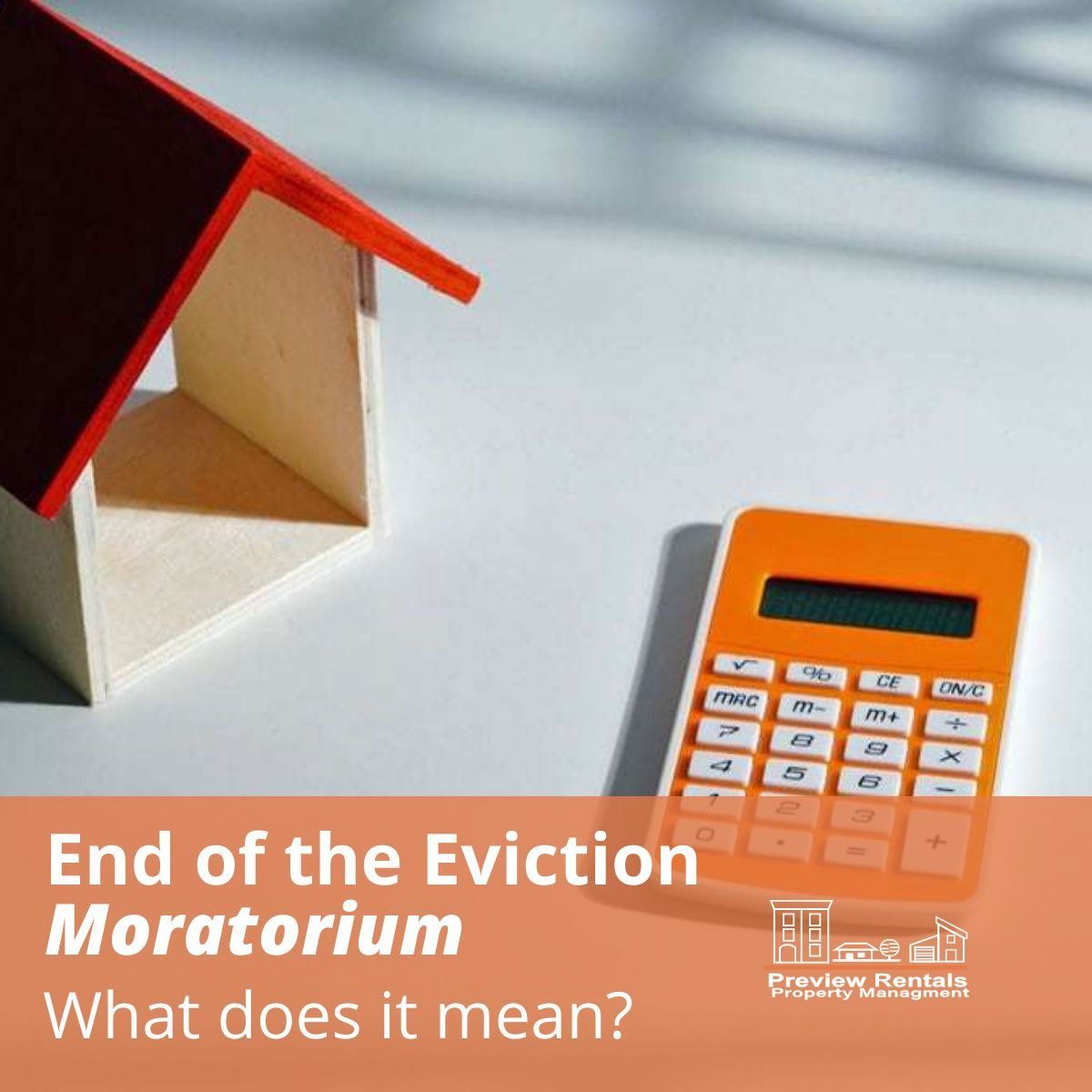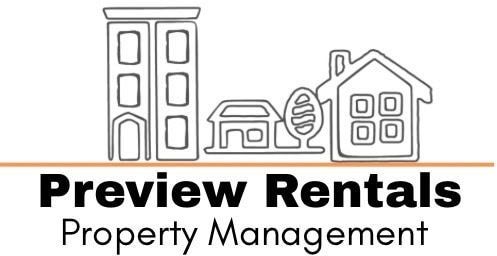6 Reasons to Rent a Home Rather than Buy
Historically, real estate is an outstanding investment. Over time, buying and holding property can multiply a person's net worth by several times. During a sharp upswing in real estate prices, investors can gain more equity than they earned at their profession that year. However, for all of its advantages, there are circumstances in which it is smarter to rent than to buy.

Here are six compelling reasons you may want to rent a home.
1. Target a School District
Parents with school-age kids may want the best public schools in the area. To- rated schools are often in higher-priced areas.
Usually, it is less per month to rent in a neighborhood than to purchase that same property. If a family cannot yet afford to buy in their target school district, they may choose to rent instead.
2. Maintain Flexibility
Long-term real estate is a tried-and-true investment. Buying and selling too quickly can be costly. If the market is relatively flat or declining, the transaction fees and interest payments can leave you with less cash for a down payment than before.
Buyers who are trying out an area gain a great deal of flexibility by renting. Renting gives them time to get to know the neighborhoods, explore the community, and enjoy some stability in their jobs before finding the right house to purchase.
Some people buy a house or condominium to live in short-term but keep it as a rental after moving. They either manage it themselves or enlist the care of a property manager.
3. Maintenance Done for You
As a homeowner, if the roof leaks or an appliance dies, you are responsible for fixing or replacing it. When you rent, the property owner or manager takes care of the upkeep. They hire contractors and pay for the repairs.
A reasonable annual budget for maintenance and repairs when you own is one to three percent of the purchase price. On a $300,000 home, that is $3000 to $9000 per year on top of mortgage, taxes, and insurance. A homeowner with the same monthly payment as a renter will pay several hundred or thousands a month to maintain property ownership.
As a renter, you are responsible for your monthly rent payment and utilities. Renters insurance is less per month than homeowner's insurance.
4. Lower Entry Costs
Buying a property requires both a down payment and a financial reserve. Even with a first-time buyer's five percent down loan, the money needed to purchase a $300,000 property would be $15,000, closing costs, loan fees, and three months of a reserve to cover loan payments.
The security deposit for a rental is often one to two month's rent or less. For a $1000 monthly rental, the money needed to move-in would be the first month's rent plus security deposit, or $2000 to $3000.
5. Improve Credit Rating to Buy
A buyer may have adequate down payment, but a low credit score limits their lending options.
Over the life of a large loan, a few interest rate points can translate into hundreds of thousands of dollars. It can be strategic to improve your credit score before proceeding with a purchase.
Rental owners care about your credit score, but cash savings and a stable job reassure them about your reliability. Explain your goals and outline your plan.
6. Share with Roommates
If an unmarried couple or group of friends wants to live together, renting can mean less hassle and expense. People live together for the company, to build a relationship, to save money, or to afford a more luxurious property than they could on their own.
Friends who buy a home together may conflict about settling their shares when one or two want to relocate. If one person owns the property and rents to the others, it can change or strain the relationship as the property owner is ultimately responsible, and his or her friends are renters.
Sharing a rental is more flexible and less responsibility.
Timing Makes a Difference
Many people dream of homeownership. It can be both a day-to-day comfort and an investment in long-term financial security. However, buying in the wrong place, at the wrong time, or for ill-conceived reasons can be unnecessarily expensive.
Renting offers flexibility, lower entry costs, and less responsibility. It may give you access to the location of your dreams or give your kids a better education. The wisest choice is the one that supports your circumstances, goals, and family.
Preview Rentals Blog




